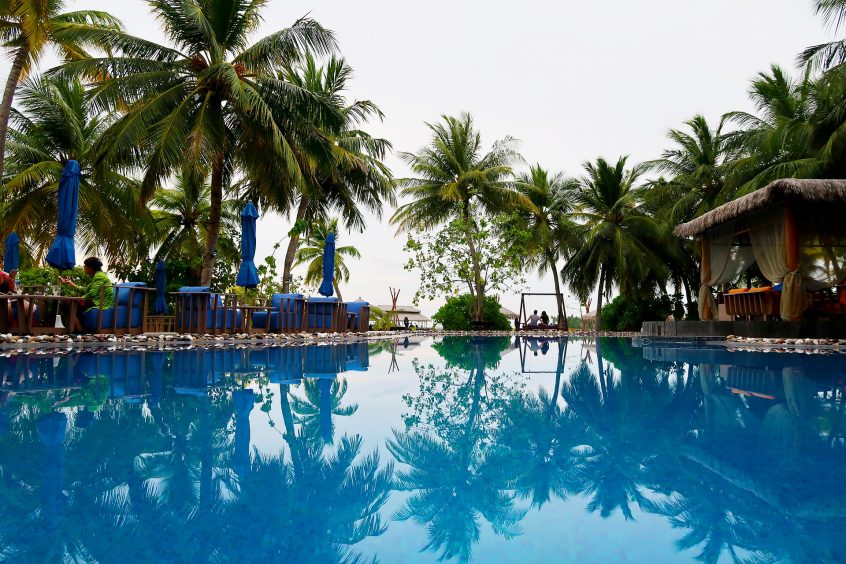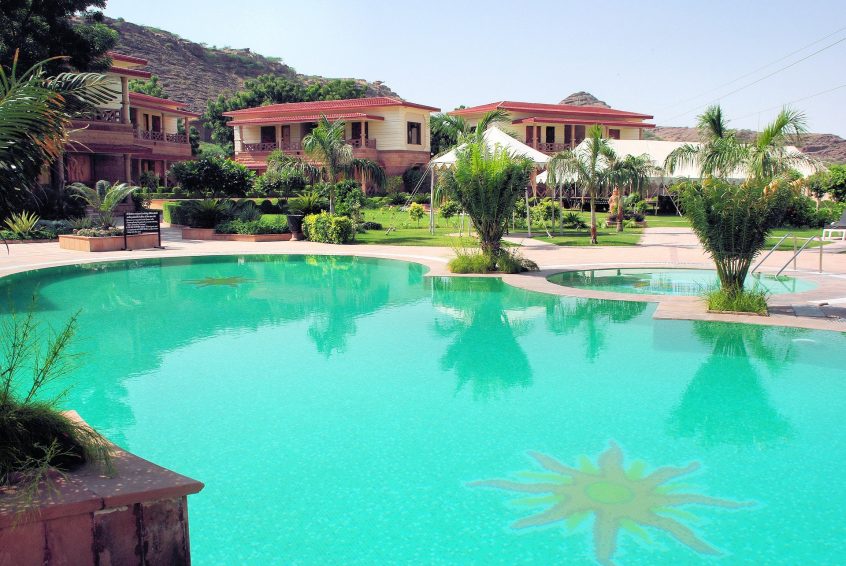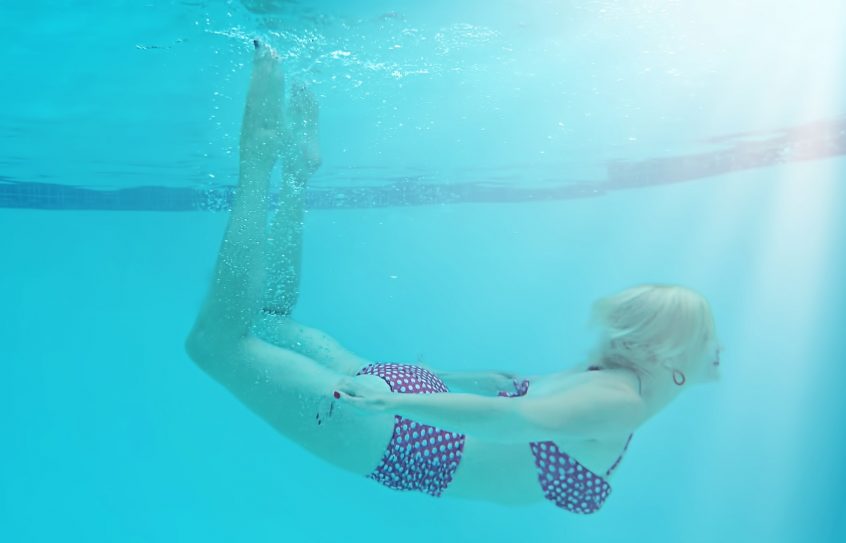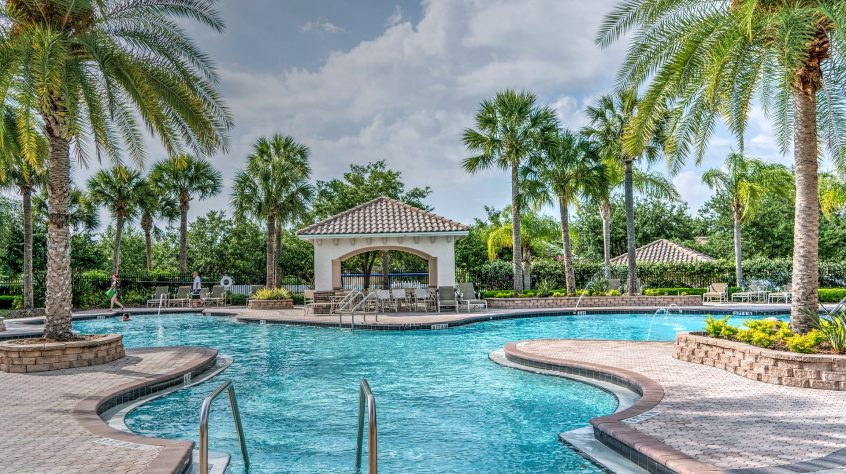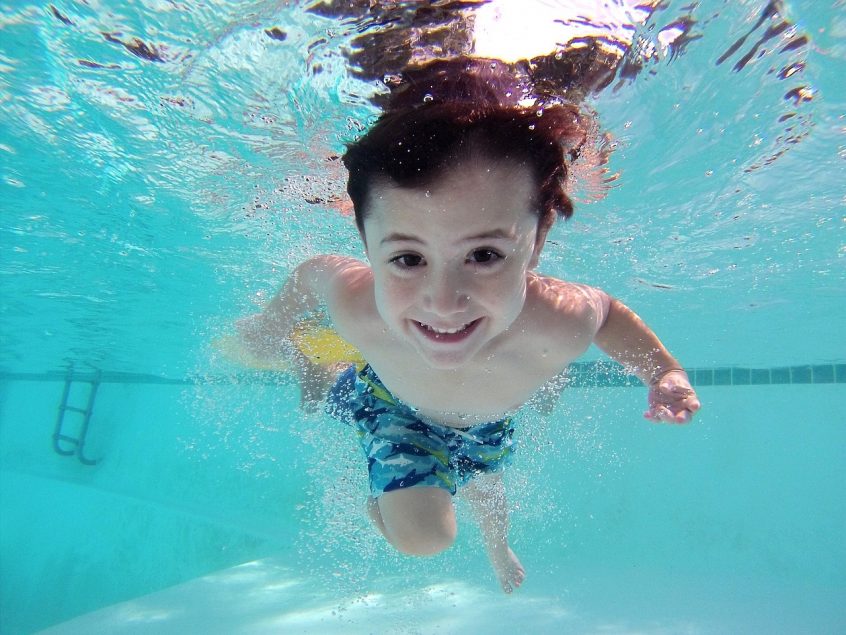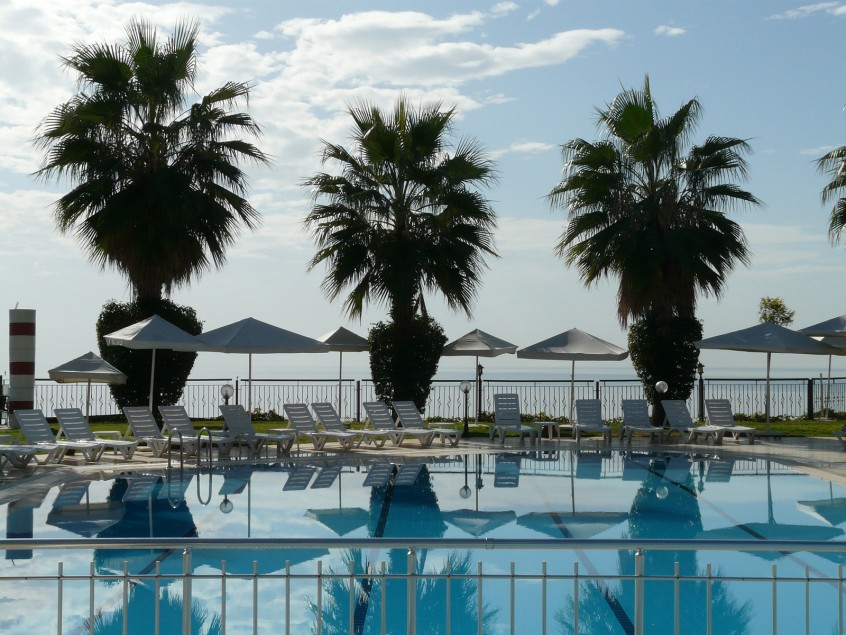Saltwater systems have become extremely popular over the past five to 10 years. The system’s popularity, however, began with pools, to improve the swimming experience while simultaneously reducing the number of traditional chemicals needed to sanitize the water. Add to this the safety benefit of eliminating the need to store large quantities of chlorine on-site. Now that salt chlorine generators … Read More
Restoring Pool and Hot Tub Water to Its Original State
Water has been under a lot of stress in modern times. Each year, the world generates roughly 36 trillion kilograms (400 billion tons) of waste, which, unfortunately, for many years ended up in the world’s rivers, streams, lakes, and oceans. According to the U.S. Geological Survey (USGS), 50 percent of groundwater supplies in North America are contaminated with pesticides. Water … Read More
Creating a New Pool/Spa Service Program Can Increase Profits
It is important for pool/spa service companies to continuously offer new services to help increase profits and grow the business by distinguishing themselves from competitors. One way this can be achieved is by adding a water treatment program using specialty chemicals. Blue Water Pool & Repair Corp., a full-service pool and spa business in Orlando, Fla., is a prime example … Read More
A Biochemical Catalyst for Supplemental Pool and Spa Maintenance
Applying known technologies to everyday practical uses has become commonplace for consumer products, and enzymes are no exception. Probiotic yogurt, laundry detergent, and shampoos use enzymes because of their effectiveness and versatility. In fact, health store shelves sport enzyme products promising to work all sorts of miracles, including improved digestive systems, strengthening hair and giving it shine, and keeping oils … Read More
Battling Biofilm in Pools and Spas
Improving water quality demands a true understanding of what is hidden in the pool and spa environment, of what is lurking beneath the surface—in piping, filters and on exteriors. For decades, pool professionals have faced a particularly tricky phenomenon, one that has created havoc since the first swimming pools and spas. It is that slimy, sticky, gooey stuff that appears … Read More
Addressing Cloudy Water Issues in Swimming Pools
Pool owners respond more intently to cloudy water than any other water-related issue due to its direct esthetic effect on the pool’s appearance. It can easily be identified by visual observation; any pool owner can recognize cloudy water and know it is an indication something requires attention. Where the difficulty lies for pool professionals, however, is diagnosing the specific problem … Read More
Dealing with Nitrates in Pools and Spas
When a customer brings in a water sample complaining about an algae problem, pool and spa professionals must ask themselves which chemical parameters to include in the subsequent test. If their answer does not include testing for nitrate nitrogen, they could be ignoring a key factor. In fact, nitrate nitrogen testing should be considered in every situation with a potential … Read More
Differentiating Stains and Determining Treatment
Staining is a problem many pool and spa owners will contend with at some point. It is a nuisance that detracts from a pool or spa’s overall aesthetic value and can contribute to surface deterioration. Staining can be prevented; however, the conditions, which ultimately cause it to happen must be recognized first. Once an operator understands the mechanisms causing surface … Read More
Automatic Chlorine Generators
Ten years ago, less than five per cent of Canadian and U.S. inground pool owners had heard of salt chlorination; fewer still (less than one per cent) had salt chlorination systems installed on their pools. However, in the U.S. today, there are an estimated 1.3 million inground pools equipped with salt systems, comprising 20 per cent of the country’s 5.2 … Read More
The Intricacies of Automated Chemical Controllers
Proper water balance in commercial pools and spas can be the difference between a safe, attractive facility and a disastrous one. Advances in chemical automation, disinfection methods, and better education on the problems associated with water chemistry have made the aquatic facility operator’s job easier when ensuring pool and spa water is safe for bathers. Oxidation reduction potential (ORP)/pH controllers … Read More
- Page 1 of 2
- 1
- 2
